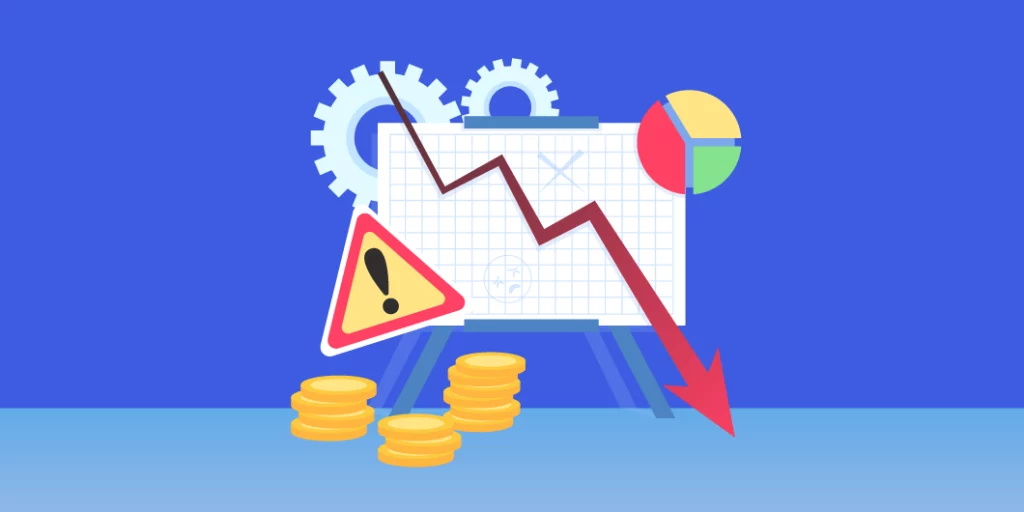
Margin Call and Liquidation in Futures Trading: What You Need to Know
Futures trading can offer great opportunities, but it also comes with significant risks. Two important concepts to grasp are margin calls and liquidation, which can have a major impact on your trading experience.
A margin call happens when the value of your account falls below the required margin level. In simple terms, it means your losses are getting too large, and the broker is asking you to add more funds to your account to avoid losing even more. If you don’t meet the margin call, the broker might liquidate your position.
Liquidation occurs when the broker automatically closes your position to limit further losses. This happens when the account’s equity can’t cover the potential risk, and it’s the broker’s way of protecting themselves and you from getting too deep into debt.
Understanding these two terms can help you navigate futures trading with more awareness and make informed decisions along the way.
Why Are Margin Call and Liquidation Important?
When you trade futures, you borrow money to take bigger positions, called leverage. While leverage can lead to higher profits, it also increases the chance of losing more than expected. Margin calls and liquidation exist to prevent your losses from getting out of control.
What Happens During a Margin Call?
A margin call is like a warning signal. It means the money you’ve set aside to cover your trade (collateral) has dropped below the minimum required level.
Here’s what you can do:
- Add more funds to your account.
- Close part of your position to reduce the risk.
If you don’t take action, your trade might be closed automatically. Acting quickly can save you from bigger losses.
What Is Liquidation?
If nothing is done after a margin call, this is called liquidation. If your account doesn’t have enough money to support your trade, the site will close it to prevent you from losing more money.
For instance, let’s say you use leverage to trade Bitcoin. The site will find a sale price if Bitcoin drops and your collateral isn’t enough to cover the loan. Once the market reaches that price, your position will be closed automatically.
Why Does It Matter?
Liquidation can wipe out your funds, leaving you less money to trade again. It’s better to avoid this situation entirely.
Margin Call vs. Liquidation: The Difference
Think of a margin call as a heads-up. It’s your chance to fix things before they go too far. Liquidation, on the other hand, is the last step—when the platform takes control to prevent further losses.
How to Avoid Margin Call and Liquidation
You don’t need to be caught off guard. Follow these tips to keep your trades safe:
- Watch Your Collateral: Check your account regularly to ensure you have enough funds to support your positions.
- Use Stop-Loss Orders: A stop-loss order will close your trade automatically if the market moves against you.
- Avoid Over-Leveraging: Don’t borrow more than you can handle. Keeping your leverage low reduces your risk.
- Keep Extra Funds on Hand: Having a cushion of funds in your account can help you handle sudden price drops.
How ICRYPEX Can Help
ICRYPEX makes it easier to stay on top of your trades:
- Real-Time Notifications: You’ll know instantly if your collateral is running low.
- Simple Tools: Track your account balance and liquidation price with ease.
- Educational Resources: Learn how to manage risks and improve trading skills with helpful guides.
Example: BTC/USDT Futures Trading
Let’s say you’re trading BTC/USDT with leverage. If Bitcoin’s price falls below a certain point, your account balance might not cover the losses. You’ll get a margin call first, asking you to add funds or adjust your trade. If you don’t act and the price drops, liquidation will close your position automatically.
For instance, if you use 10x leverage with $1,000 in collateral, your liquidation price will depend on how much you’ve borrowed. The higher the leverage, the closer the liquidation price will be to your entry point.
Take Control of Your Trading
Nobody wants to deal with a margin call or liquidation, but understanding them can help you avoid costly mistakes. You can trade more confidently by staying aware of your account and managing your risks.
ICRYPEX gives you the tools and support to make better decisions. Stay informed, stay safe, and take charge of your trades.